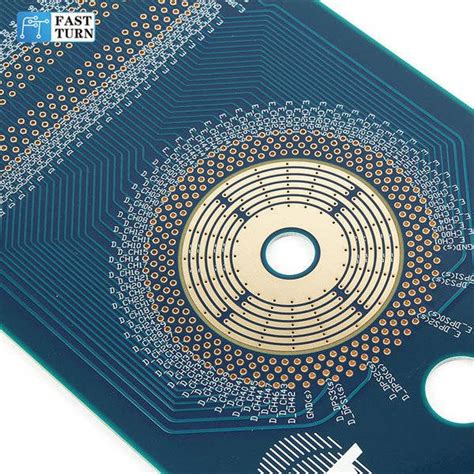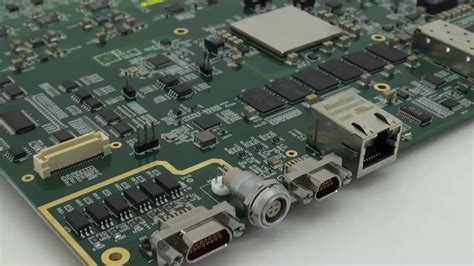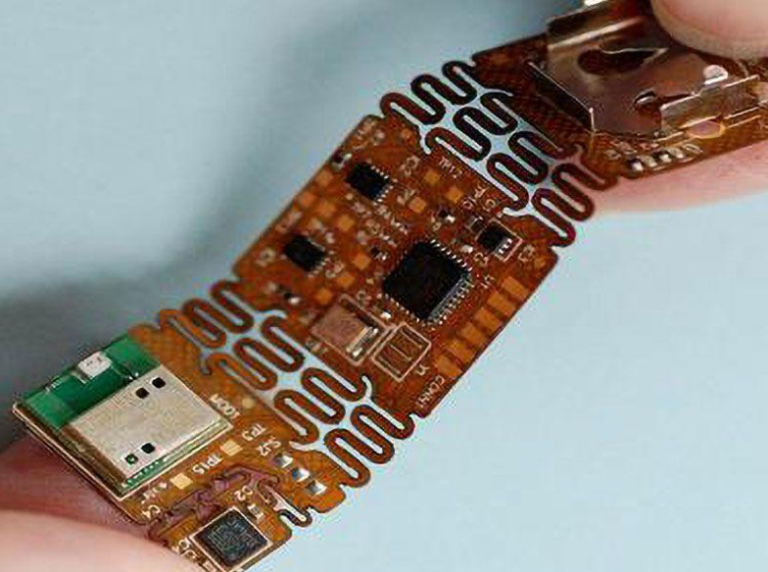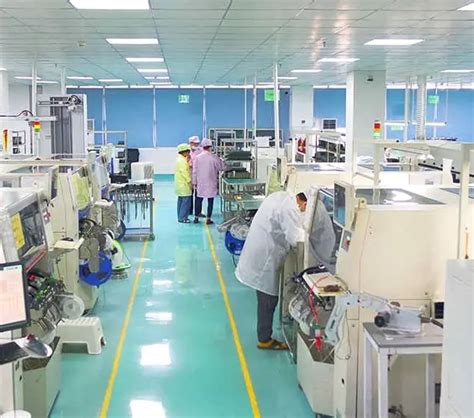Expedited PCB Prototyping: Balancing Speed and Reliability
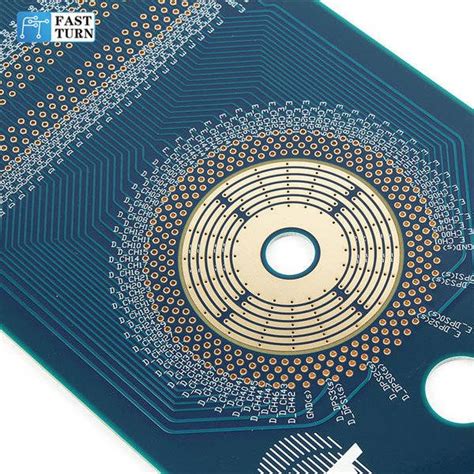
Key Takeaways
When navigating PCB manufacturing for rapid prototyping, understanding core priorities ensures you avoid costly delays. Critical factors like design complexity, material selection, and layer count directly impact PCB manufacturing cost and turnaround time. Reputable PCB manufacturing companies optimize this balance by offering tiered service levels—standard, expedited, and rush—each with defined timelines and pricing structures.
| For example: | Service Tier | Turnaround (Days) | Cost Premium | Best For |
|---|---|---|---|---|
| Standard | 5-7 | 0% | Non-urgent revisions | |
| Expedited | 3-4 | 20-30% | Time-sensitive prototypes | |
| Rush | 1-2 | 50-70% | Critical design validations |
Choosing the right provider involves evaluating their PCB manufacturing business model—specialized firms like PCBWay prioritize affordability for low-volume orders, while others excel in high-precision industrial applications. Always verify certifications (e.g., ISO 9001, UL) and read client reviews to gauge reliability. For first-time designers, budget-friendly options with free DFM checks help minimize errors that could derail timelines. Remember: accelerated services demand meticulous file preparation—double-check Gerber files and layer alignments to avoid respins.
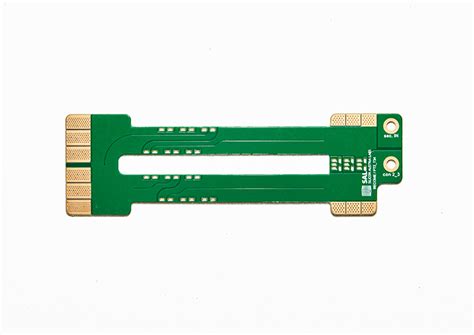
Fast-Turn PCB Prototyping Essentials
When navigating PCB manufacturing timelines, understanding core requirements ensures your project stays on track without compromising quality. Start by optimizing your design files for manufacturability—this reduces back-and-forth revisions with PCB manufacturing companies. Prioritize clear material specifications and layer stack-up details, as ambiguous instructions often lead to delays. For instance, specifying copper weight or solder mask color upfront avoids last-minute clarifications.
PCB manufacturing cost hinges on factors like board complexity, quantity, and turnaround time. While expedited services may add a premium, partnering with providers offering tiered pricing models helps balance urgency and budget. Always verify if your chosen vendor includes automated design checks—these tools catch errors early, preventing costly respins.
If you’re new to the PCB manufacturing business, focus on providers with dedicated engineering support. Many companies offer design-for-manufacturing (DFM) reviews at no extra cost, which is invaluable for avoiding rookie mistakes. Remember, design complexity directly impacts both speed and reliability; simplified layouts with standard components often yield faster results.
By aligning your design priorities with production realities, you’ll streamline the prototyping phase while maintaining control over timelines and expenses—a critical foundation for the next step: balancing speed and reliability.
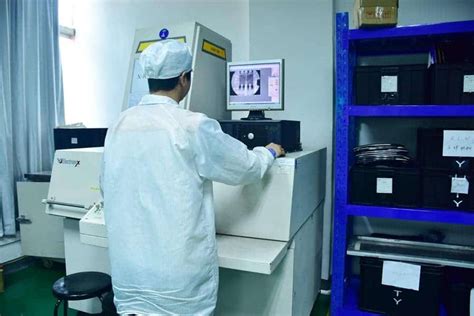
Balancing Speed and Reliability in PCB Design
When accelerating your design timeline, you’ll quickly discover that PCB manufacturing isn’t just about hitting deadlines—it’s about ensuring your prototype functions as intended. Rushed designs often lead to overlooked errors, but working with experienced PCB manufacturing companies can help mitigate risks. For instance, advanced fabrication processes like automated optical inspection (AOI) and impedance testing are critical for catching flaws early, even under tight schedules.
To control PCB manufacturing cost without compromising quality, prioritize design simplicity. Minimizing complex layer stacks or exotic materials reduces production time while maintaining reliability. However, don’t assume cheaper options always deliver—budget-friendly providers may cut corners on testing protocols. Instead, verify that your chosen partner balances affordability with robust quality assurance (QA) systems.
For those running a PCB manufacturing business or collaborating with one, communication is key. Clarify turnaround expectations upfront and confirm their capacity to handle peak demands. Some providers offer tiered speed options, letting you scale urgency based on project phases. Remember: reliability hinges on transparent collaboration between designers and manufacturers, ensuring specs align with production capabilities. By integrating these strategies, you’ll streamline workflows while safeguarding against costly revisions or failures.
Top Providers for Rapid PCB Manufacturing
When selecting PCB manufacturing companies for fast-turn projects, you’ll want partners that prioritize both speed and precision. Industry leaders like PCBWay and Advanced Circuits specialize in expedited services, offering turnaround times as short as 24–48 hours for prototypes. These providers combine advanced fabrication technologies with rigorous quality checks, ensuring your designs meet IPC-6012 standards without compromising deadlines.
Balancing PCB manufacturing cost with accelerated timelines requires careful planning. For instance, opting for standard materials or panelized designs can reduce expenses while maintaining reliability. Many PCB manufacturing firms provide instant quoting tools online, letting you adjust parameters like layer count or surface finish to align with your budget. Explore cost-saving strategies tailored for rapid orders, especially if you’re managing tight project funds.
For businesses scaling their PCB manufacturing business, establishing long-term partnerships with trusted vendors ensures consistent quality and priority scheduling. Look for companies offering volume discounts or dedicated engineering support to streamline recurring orders. Whether you’re iterating prototypes or ramping up production, aligning with a provider that understands your technical and timeline needs is critical to maintaining momentum in competitive markets.
Cost-Effective Solutions for Quick PCB Delivery
When balancing speed and affordability in PCB manufacturing, it’s critical to evaluate how PCB manufacturing companies structure their pricing. Many providers offer tiered pricing models, where rush services for 24-48 hour turnarounds come at a premium, while standard 5-day options reduce PCB manufacturing cost significantly. For example, ordering prototypes in small batches (5-10 units) often lowers per-board expenses by spreading setup fees.
"Always request a detailed breakdown of costs—materials, layer counts, and surface finishes like HASL or ENIG—to avoid unexpected charges," advises a project manager at a leading PCB manufacturing business.
To further cut costs, consider simplifying designs early. Reducing via counts, minimizing layer transitions, and avoiding ultra-tight tolerances can trim both production time and expenses. Some companies even offer discounts for repeat orders or educational projects, making them ideal for startups or students.
When comparing services, prioritize transparency. Platforms like PCBWay and Advanced Circuits provide instant online quotes, letting you adjust parameters like board thickness or solder mask color to see real-time price changes. This flexibility ensures you’re not overpaying for features your project doesn’t require. Finally, verify if economy shipping options align with your timeline—sometimes slower logistics can offset faster production savings.

PCBWay vs Advanced Circuits: Service Comparison
When choosing between leading PCB manufacturing companies, understanding how providers like PCBWay and Advanced Circuits balance speed, cost, and reliability is critical. PCBWay often stands out for its competitive PCB manufacturing cost, particularly for smaller batches, with expedited services starting at 24-hour turnaround times. Their online quoting system simplifies budgeting, making them a go-to for startups or designers prioritizing affordability. Advanced Circuits, meanwhile, caters to high-volume PCB manufacturing business needs, offering rigid quality certifications (like ISO 9001) and dedicated engineering support—ideal for complex designs where precision outweighs price sensitivity.
Both companies excel in PCB manufacturing speed, but their approaches differ. PCBWay’s tiered pricing allows you to “pay for urgency,” while Advanced Circuits bundles faster lead times with rigorous testing protocols. For first-time orders, PCBWay’s design rule checks (DRCs) and instant feedback reduce prototyping risks, whereas Advanced Circuits provides white-glove service for enterprises needing full traceability. Ultimately, your choice hinges on whether your project demands cost flexibility or industrial-grade consistency—a trade-off common in fast-turn PCB workflows.
Student Guide to First-Time PCB Prototyping
Navigating your first PCB manufacturing project can feel overwhelming, but breaking it into manageable steps ensures success. Start by selecting PCB manufacturing companies that specialize in prototyping—look for services offering design reviews, as these catch errors early. Tools like KiCad or Eagle provide free tiers for creating schematics, but always cross-check footprint compatibility to avoid costly re-spins.
When comparing PCB manufacturing cost, prioritize transparency. Many providers offer instant quotes online—input your board’s specifications (layers, size, material) to gauge affordability. Students often overlook bulk discounts; teaming up with peers for a shared order can slash expenses. For example, simpler two-layer boards reduce PCB manufacturing business overhead, making them ideal for academic projects.
Reliability matters as much as speed. Verify that your chosen vendor uses certified materials and provides solder mask protection, especially for high-density designs. If deadlines are tight, confirm their fastest turnaround option before finalizing files. Finally, review their design guidelines—ignoring clearance rules or drill sizes could delay your prototype. By balancing these factors, you’ll streamline the process without compromising quality.

Meeting Tight Deadlines with Fast-Turn Services
When time is critical, choosing the right PCB manufacturing partner becomes a strategic decision. Leading PCB manufacturing companies often offer expedited services with lead times as short as 24–48 hours, but success hinges on aligning your design requirements with their capabilities. Start by clarifying your timeline upfront—many providers tier their fast-turn options based on PCB manufacturing cost and complexity. For instance, simpler two-layer boards typically ship faster than multi-layer designs with specialized materials.
To avoid delays, optimize your design files for manufacturability. Use automated DFM (Design for Manufacturability) checks to flag issues like insufficient trace spacing or drill alignment errors before submitting orders. Some manufacturers provide instant quoting tools that estimate costs and turnaround times based on your specifications, helping you balance speed and budget. If you’re new to PCB manufacturing business workflows, prioritize vendors offering dedicated engineering support to resolve design conflicts quickly.
Pro tip: Confirm material availability early. Expedited services rely on in-stock substrates and finishes, so opting for standard FR-4 or HASL coatings can shave days off production. Finally, build a buffer into your schedule—even with fast-turn guarantees, unforeseen factors like shipping delays or last-minute design revisions can impact deadlines. By planning meticulously and collaborating closely with your manufacturer, you’ll ensure rapid delivery without compromising quality.
Avoiding Common Pitfalls in Expedited PCB Orders
When navigating expedited PCB orders, overlooking critical details can lead to costly delays or compromised quality. Start by double-checking your design files for errors—even minor oversights in trace widths or drill holes can trigger manufacturing setbacks. Prioritize PCB manufacturing companies with proven track records in fast-turn services, as their expertise in material selection and process optimization directly impacts reliability. While managing PCB manufacturing cost is essential, avoid sacrificing critical specifications for cheaper alternatives; budget-friendly doesn’t always mean risk-free.
Communicate clearly with your provider about deadlines and technical requirements upfront. Some PCB manufacturing business models prioritize speed over customization, so verify their capabilities for your specific project needs, such as impedance control or surface finishes. If you’re ordering multiple revisions, consolidate feedback into a single batch to minimize turnaround cycles. Finally, always request a design-for-manufacturability (DFM) review—even for simple boards—to catch potential issues before production begins. This proactive approach ensures your accelerated timeline aligns with the precision required in PCB manufacturing.
Conclusion
When navigating PCB manufacturing for time-sensitive projects, the balance between speed and reliability becomes critical. Choosing the right PCB manufacturing companies requires evaluating not just turnaround times but also their track record for quality control and technical support. While cost often drives decisions, remember that PCB manufacturing cost should reflect value—prioritizing providers that offer transparent pricing without compromising on material integrity or design accuracy. For startups or engineers managing a PCB manufacturing business, building partnerships with trusted vendors ensures consistent delivery under tight deadlines while minimizing risks like rework or component mismatches.
Ultimately, expedited services are a strategic tool, not a universal solution. By aligning your design requirements with a manufacturer’s capabilities—whether through standardized processes or advanced rapid prototyping—you can achieve both speed and precision. Keep documentation clear, verify DFM guidelines early, and leverage expert feedback to avoid delays. This approach not only streamlines production but also strengthens your long-term position in competitive markets where quality and timeliness define success.
Frequently Asked Questions
How do fast-turnaround services impact PCB manufacturing cost?
Expedited services often involve premium pricing due to prioritized production slots and advanced logistics. However, many PCB manufacturing companies offer tiered pricing, allowing you to balance urgency and budget.
Can speed compromise reliability in PCB prototyping?
Reputable providers maintain strict quality checks even for rapid orders. Specify your design requirements clearly, and opt for companies with ISO-certified PCB manufacturing processes to ensure consistency.
What should first-time designers prioritize when selecting a vendor?
Focus on vendors with transparent timelines, customer support, and proven expertise in your project’s complexity. Platforms like PCBWay excel in guiding newcomers through the PCB manufacturing business workflow.
Are there hidden fees in fast-turnaround PCB orders?
Always request a detailed quote upfront. Some providers charge extra for design validation or expedited shipping. Clarify inclusions like DFM checks to avoid surprises.
How do I verify a manufacturer’s reliability for urgent orders?
Review client testimonials, ask for sample lead times, and confirm their capacity to handle rush jobs without compromising on layer accuracy or material quality.
Need a Trusted Partner for Your Next Project?
For competitively priced, high-speed PCB manufacturing with guaranteed reliability, click here to explore tailored solutions for prototypes and bulk orders.

